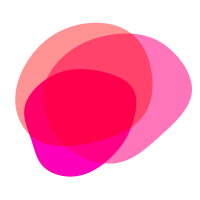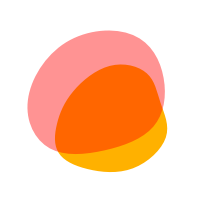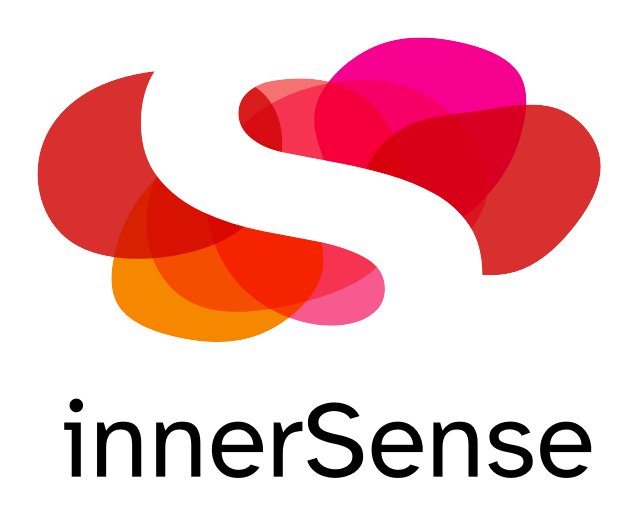It is not helpful to think about target groups too “rigidly.” People are difficult to cluster in the sense of a fixed predictability: XY always ticks like this, always behaves according to a certain pattern Z, and can thus be clearly understood.
However, it is certainly possible to evaluate more precisely what is important to your target group in terms of the product category they are in.
Products always satisfy certain motives, make a certain psychological offer to the consumer. These motives combine different and sometimes paradoxical desires. Basically, these motives are all effective when we come into contact with the product segment. In fashion, for example, on the one hand we don’t want to stand out unpleasantly and it’s important to conform to certain specifications, while – on the other hand we still want to develop our own style, to stand out from the crowd.
If we now distinguish types in which certain motifs are more prominent in the specific product field, we come closest to our target group. In the field of fashion, for example, there are the insecure, who tend to fit in and blend in. But that doesn’t mean that this person fundamentally “is” one way or another. Or that he or she cannot change into a different type over time. Nevertheless, typifications based on usage and use motives offer the best starting point for taking a closer look at the target group. And they are more constant than, for example, mood states, which vary more depending on the context.
Our procedure
Identifying types means going deeper with the respondents into their usage motives, taking a closer look at their everyday lives and lifeworlds, and having them describe them. Not only to hear what is said, but also what is not said.
Classic tools here are the in-depth interview and the focus group. They are often useful in combination. In the interview, it is possible to expand in a more targeted way, and the contexts of meaning can be worked out. In the focus group, the interaction between the participants is more in the foreground, providing a compact overview of all relevant topics and bringing the secret logic of the subject into the picture.
Online communities can also be very useful to get a better feel for the participants’ lifeworld and their concrete everyday life.
If a few insights are to be generated quickly to get a better feel for the target group, e.g. as fodder for the advertising agency or marketing, our short interviews can be used to generate initial hypotheses quickly and compactly.

Our services
We are trained morphological depth psychologists who have additionally gained a lot of experience in the modern and digitally driven advertising and media industry.

Our toolkit
We are always curious, open to new things, to the possibilities offered by digitalization—without losing sight of the psychological core.
